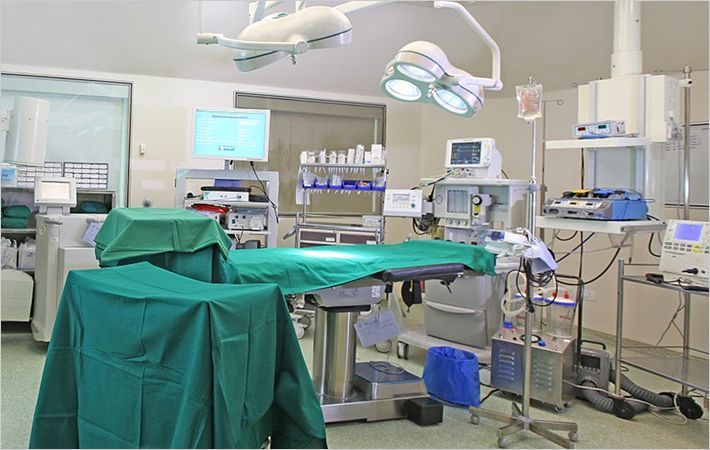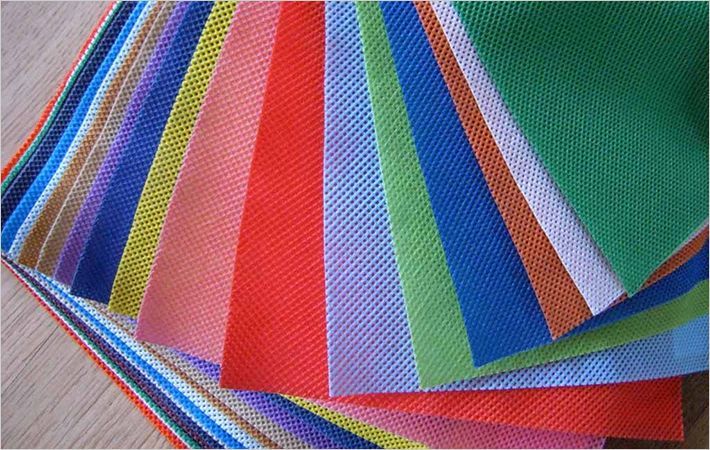The Institute for Advanced Composites Manufacturing Innovation (IACMI) has tied up with three companies to launch a mega project that aims to decrease cost of manufacturing and increasing design flexibility for automotive composites. Advancements in both areas can open up new opportunities and become an enabler for large scale deployment of composite parts.
The IACMI, with DuPont, a leading innovator of thermoplastics, and Fibrtec Inc., a leader of patented advanced moulding materials; and Purdue University, has launched this maiden project that looks to build on synergies of differentiated technologies. Multiple factors, including cost and design constraints, present barriers to the adoption of composites in high volume automotive applications. The new IACMI project is expected to address both of these critical areas through a fundamentally different approach to the manufacturing of carbon fibre composites versus those currently in use today. Flexible coated tow manufactured by Fibrtec will be formed into flexible fabric prepregs using a Rapid Fabric Formation (RFF) technology along with a proprietary polyamide resin both by DuPont.The Institute for Advanced Composites Manufacturing Innovation (IACMI) has tied up with three companies to launch a mega project that aims to decrease cost of manufacturing and increasing design flexibility for automotive composites. Advancements in both areas can open up new opportunities and become an enabler for large scale deployment of composite parts.#
The final component will benefit from increased production speeds of the tow manufacturing process and the fabric forming process resulting in a lower cost of manufacture. Composite parts made by this process have been shown to have low voids and good mechanical properties when consolidated by traditional techniques. The flexible fabric prepregs have also been shown to have good draping behaviour in moulding experiments. Researchers in the Purdue University composites manufacturing and simulation centre will work with the team to model and validate drapability and part performance.
Jan Sawgle, DuPont Performance Materials, project manager said, “High cycle time for production of continuous carbon fibre thermoplastic composites increases costs. The use of emerging materials for impregnation and new approaches for tow coating and fabric formation are expected to significantly lower production costs of high volume composites. By leveraging the strengths of all project partners, we have the potential to create a unique commercially viable path to high volume, low cost thermoplastic composite automotive components.” (GK)
Fibre2Fashion News Desk – India

